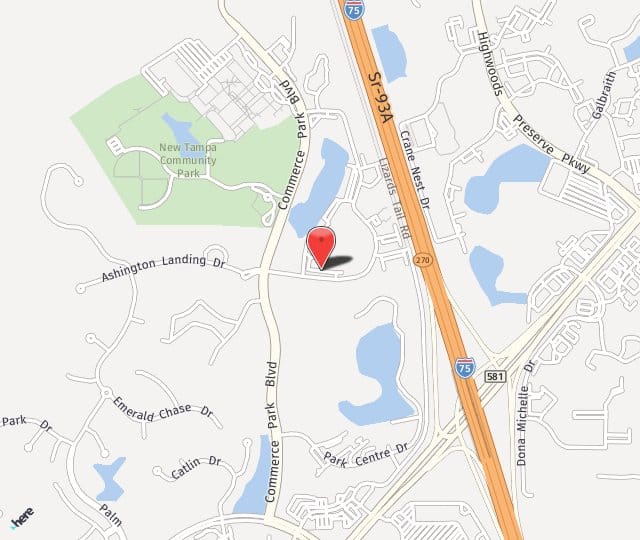
You Aren’t Alone
Whether you grew up with enlarged male breast tissue or recently developed it, you know that the condition can feel quite isolating. However, it’s important to realize that you aren’t alone. Many other men have experienced what you’re going through right now.
Approximately 40-60% of men in the United States suffer from gynecomastia. It can happen during infancy, puberty, or well into adulthood. Sometimes it goes away on its own, and sometimes it doesn’t.
Health Conditions and Medications May Be to Blame
Contrary to popular belief, gynecomastia has little to do with weight gain. However, it could indicate the presence of a medical condition. Consult your doctor to make sure that you are in good overall health. Doing so will help you rule out underlying causes of gynecomastia like hyperthyroidism.
It’s also a good idea to talk to your doctor about the medications you’re taking. A number of medications can cause enlarged male breast tissue. They range from anti-anxiety pills to antibiotics.
Surgery Can Help You Love the Way You Look
If you haven’t been able to get rid of gynecomastia naturally, it might be time to consider surgery. A male breast reduction procedure can give you a flatter, more masculine chest. It can accomplish other goals, too, like reducing the size of your areolas and repositioning your nipples.
Board-certified plastic surgeon Dr. Stan Castor has helped many men reduce or eliminate their enlarged male breasts. You can view our before and after gallery to see the results you may be able to achieve.
Ready to Live a Happier and Healthier Life?
Men’s Health Month is the perfect time to invest in yourself. Schedule a free consultation at 813-971-2000 to discuss your options for overcoming gynecomastia. Artisan Aesthetics Plastic Surgery & Laser Center serves Tampa Bay and the surrounding areas of Florida.

